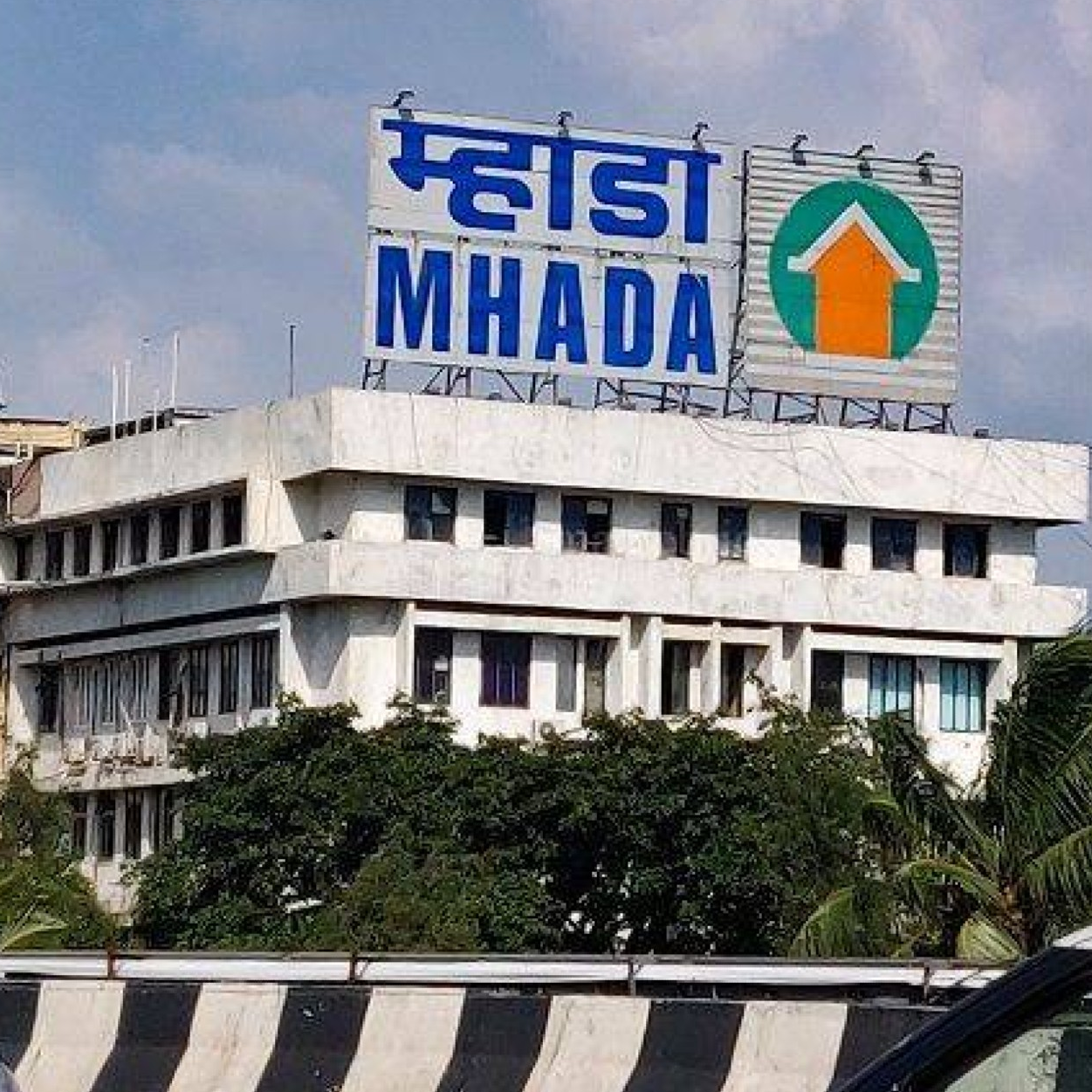
MHADA’s Janata Darbar: Where Complaints Turn into Conversations
In a state where navigating government systems often feels like chasing signatures down endless corridors, a new format is slowly reshaping the experience. MHADA’s Janata Darbar isn’t built on speeches or promises—it’s built on presence. On officials showing up, sitting down, and listening. And for citizens, that changes everything.
Instead of just acknowledging complaints, MHADA has begun solving them in person. No hierarchy. No red tape. Just resolution, across the table.
To understand how this initiative has grown across Maharashtra, here’s a quick look at its progression:
|
Location |
Date |
Key Highlights |
|
Nashik Board |
March 2024 |
First Janata Darbar held; 6 cases resolved |
|
Chhatrapati Sambhajinagar |
Announced March 2024 |
Structured system introduced for submissions |
|
Mumbai (Bandra East) |
April 4, 2024 |
17 cases heard, direct leadership oversight |
Janta Darbar in Nashik
The first Janta Darbar under MHADA was conducted by the Nashik Board in March 2024. Six citizens came forward to present personal grievances—ranging from redevelopment delays to document-related issues.
What made this Darbar remarkable was the immediacy of response. Shivkumar Awalkanthe, Chief Officer of the Nashik Board, personally heard each complaint and directed concerned officers to take immediate action. In most cases, progress was initiated right then and there.
To bring consistency to this initiative, the board announced that the Janata Darbar will now be held on the first Monday of every month. If that day is a public holiday, it will be conducted on the following working day.
The process is methodical and transparent:
• Citizens are required to submit their grievances in a prescribed format, available at the board office, 15 days in advance, along with two physical copies of their application.
• Acknowledgment receipts are provided at submission
• Only personal, non-litigation-related issues are allowed
• Cases under court review, service-related appeals, incomplete or repeat submissions are not permitted
Even if an application is ineligible, it’s not ignored. It is redirected to the relevant department within eight working days, and a copy of the action taken is sent to the applicant.
To ensure follow-up, the concerned department submits a review report to the Chief Officer within a week, and the applicant receives a final response within one month.
Janta Darbar in Chhatrapati Sambhajinagar
Shortly after Nashik, MHADA’s Chhatrapati Sambhajinagar Board announced its own Janata Darbar plans with a strong procedural foundation. The format closely mirrors Nashik’s approach, ensuring consistency across boards.
Applications must be:
• Submitted in writing, using a standard format
• Backed by supporting documents
• Filed in advance for scheduling and review
The process includes:
• Acknowledging all valid submissions
• Filtering cases not eligible under Darbar rules
• Forwarding ineligible complaints to the right department within eight days, with follow-up status shared with the applicant
The board is also preparing to monitor redressals with weekly internal reports. The emphasis here is not just on hearings, but on timely, trackable resolution.
Janta Darbar at MHADA’s Bandra Office
On April 4, 2024, MHADA’s Mumbai Board held its Janata Darbar at the authority’s Bandra East headquarters—marking the city's formal adoption of the model.
This was no symbolic event. Officials from the estate, engineering, and legal departments were seated and ready. Citizens walked in with documents; officials listened, resolved, and acted.
In total, 17 grievances were taken up, five of which had been submitted in writing beforehand. Several were resolved on the spot. Others were escalated with assigned officers and time-bound follow-up plans.
What truly defined the event was the presence of senior leadership. Mr. Jaiswal, MHADA’s Vice President & CEO, personally moved through departments during the hearing—observing the way concerns were addressed and ensuring that each citizen was attended to with seriousness and respect.
Instructions were issued directly. Communication was clear. And accountability was non-negotiable.
Guided by the 100-Day Plan
The Janta Darbar is part of the Maharashtra Government’s 100-day action plan — an effort to bring faster, more responsive governance to citizens across the state.
But MHADA has taken it a step further. What began as a government directive has become a working model — consistent, people-focused, and already showing results.
It’s no longer just a formality. This is a platform where citizens are heard in real-time — and see outcomes.
With regional boards adopting the format steadily, the Janata Darbar isn’t just a promising start.
It’s a new way forward.
Final Thoughts: A Table That Builds Trust
For far too long, citizens have written letters, filed RTIs, and waited in endless queues — hoping someone would simply listen.
The Janta Darbar changes that.
Now, people don’t stand outside offices. They sit across the table. They speak, they’re heard — and they get answers. Not months later, but often right there, in that moment.
It’s a small shift in how governance works. But for someone who's been waiting for years, it's the difference between being ignored and being seen.
Under Mr. Jaiswal’s leadership, this isn’t just a new system — it’s a reminder that good governance begins with empathy.
One citizen. One conversation. One resolution at a time.



